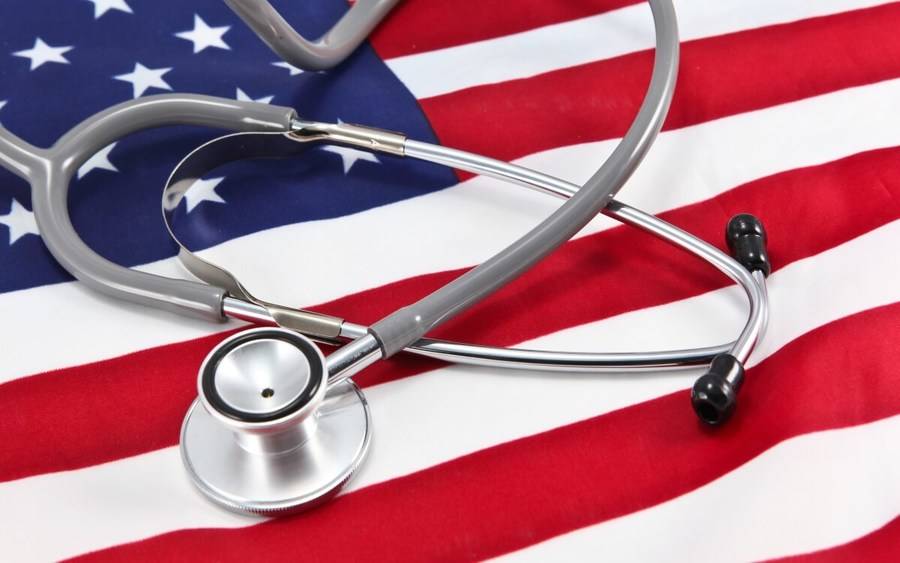After the Election, What's Next for Health Care

Following months of intense, divisive campaigning and rhetoric, we’ve finally moved past the 2016 election. The results are in, Donald Trump will be our next president, and he will be working with Republican majorities in both chambers of Congress.
Already, pundits, experts and industry leaders of all stripes have shifted their focus to the future by asking what a Trump administration will look like.
The same is true here at Scripps Health where we are pondering what changes might be in store for health care in our nation.
Even before the election, a number of major challenges were facing the health care market, including implementation of a new Medicare payment system for physicians, expanding the transition to a value-based payment system for health care services, and stabilizing government health insurance markets which have been hit hard by the departure of private insurance competitors and large rate increases in some states. Whoever the new president was, these were some of the issues he or she would have had to address.
And no matter who the candidate is, very often promises made during a campaign to secure votes are not fulfilled after the election. We also have a system of checks and balances in this country which have worked since our country was founded – they still work.
We don’t yet know what exactly will happen with the Affordable Care Act under the new administration, nor do we know what Congress will agree to support or change. But, generally speaking, I believe there will be less of a big government approach to health care under a Trump administration. Specifically, here is some of what I am expecting:
- I expect the new president to continue the ongoing move away from the traditional fee-for-service structure and toward a payment system based on value.
- However, I think he could move to change a number of key elements of the Accountable Care Act, including the mandates for individuals to have health insurance and for many business to offer coverage to employees.
- I believe the new administration will rein in the expansion of Medicaid (Medi-Cal in California), which now is the coverage of one third of all Californians.
- Discussions about privatizing Medicare could begin again. That could mean a proposal that would shift some of the cost risk of the program to beneficiaries by providing vouchers or other methods for purchasing private insurance.
- He also has said that he wants Medicare to negotiate drug prices – but this will require a compromise between the President and Republicans in Congress who have previously opposed such a move.
- We might see a different approach to mergers and acquisitions, and anti-trust enforcement on deals such as the Anthem-Cigna merger.
- I also expect a change in the administration’s approach to labor unions.
- We certainly should expect a more conservative appointee to the U.S. Supreme Court to fill Justice Scalia’s vacancy. Such a move would have an impact on cases involving health care issues.
We probably can all agree that in many ways the campaigning we saw during this election cycle was beneath us as a country. But as a democracy, we still value freedom of speech and cherish our right to elect our leaders. This was a very close election with no clear mandate favoring one side or the other. Moving forward, there will be a great need for collaboration.
Without a doubt, much is good in our great country. Just look at the many veterans whose service has helped maintain our freedoms and democracy. On the eve of this Friday’s Veterans Day commemoration, let me say thank you to all veterans for your service from all of us at Scripps Health.